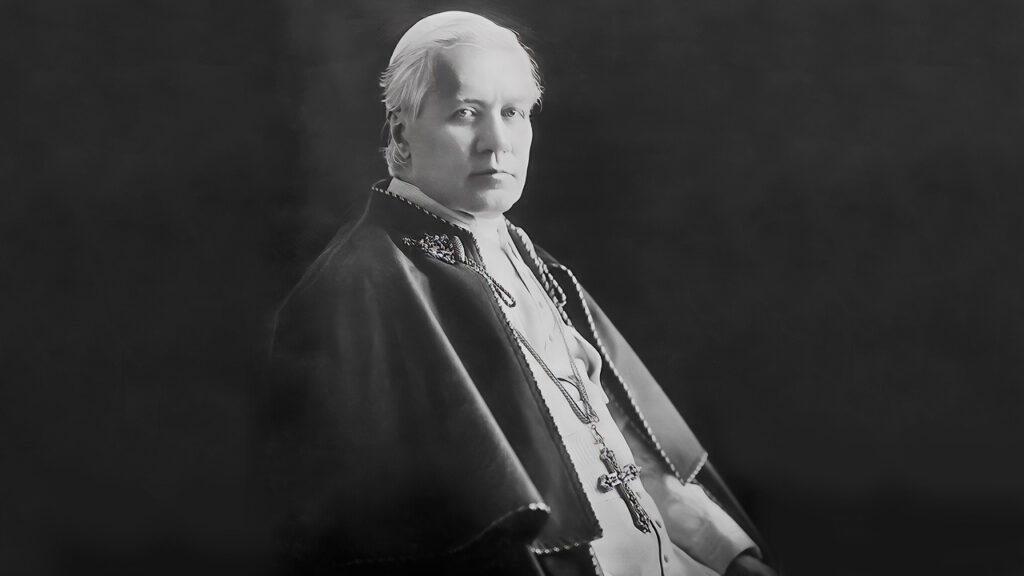Once the bishop of Mantua, Giuseppe (Joseph) Sarto, who would later become Pope and Saint Pius X, was publicly slandered by a merchant. More than once he was advised to denounce the slanderer judicially, but to this advice the bishop replied: “that poor man needs prayer more than punishment.” So he did not do anything against this slanderous person.
After some time, the merchant began to fail in his business, to the point that he had to declare bankruptcy and was ruined, losing everything and not even having enough to eat.
When Giuseppe Sarto heard about the poor man’s bad situation, he did not hesitate to help him. In order not to humiliate him, instead of directly giving him help, he gave an envelope with money to a woman who was dedicated to charitable works to give to him: “tell him that this money comes from the most merciful woman who exists, Our Lady of Perpetual Help”.
Although this story could be classified as a story of mercy, I would rather classify it as a story of killing one’s selfishness, which is actually one of the faces of mercy. Of course, mercy is about helping others, but it is also about renouncing ourselves. In order to help or give to others, we must surrender something, and many times what we must surrender is our selfishness, particularly when mercy is related to forgiveness.
This is why Fr. Pinckers says that “mercy is the most complete adversary to our selfishness” (Servais Pinckaers, Passions and Virtues, p. 28) because, as he continues explaining, mercy makes us perform a contrary action to every movement of our selfishness. In this way mercy stops our bad reactions that are stirred by our selfishness.
For example, when our selfishness wants us to be harsh because we do not like something, mercy makes us sensitive and considerate, just as St. Pius X reacted in front of the slander of this merchant. When our selfishness wants to blame or reproach another as St. Pius could have reproached this merchant by saying: “God is punishing you because you slandered me”, mercy makes us do something helpful and kind. When our selfishness wants to humiliate someone, mercy makes us soft and easy-going, as St. Pius was when he sent that woman instead of going himself, and there are many more examples that could be given about how mercy helps us to conquer our selfish reactions.





